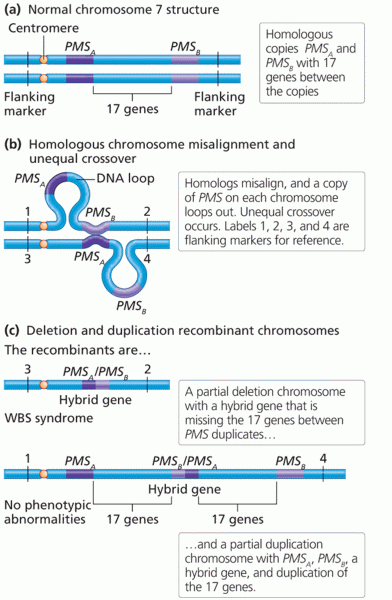This topic contains a solution. Click here to go to the answer
|
|
|
Did you know?
Of the estimated 2 million heroin users in the United States, 600,000–800,000 are considered hardcore addicts. Heroin addiction is considered to be one of the hardest addictions to recover from.
Did you know?
Vaccines prevent between 2.5 and 4 million deaths every year.
Did you know?
The human body produces and destroys 15 million blood cells every second.
Did you know?
The U.S. Preventive Services Task Force recommends that all women age 65 years of age or older should be screened with bone densitometry.
Did you know?
There are 60,000 miles of blood vessels in every adult human.







